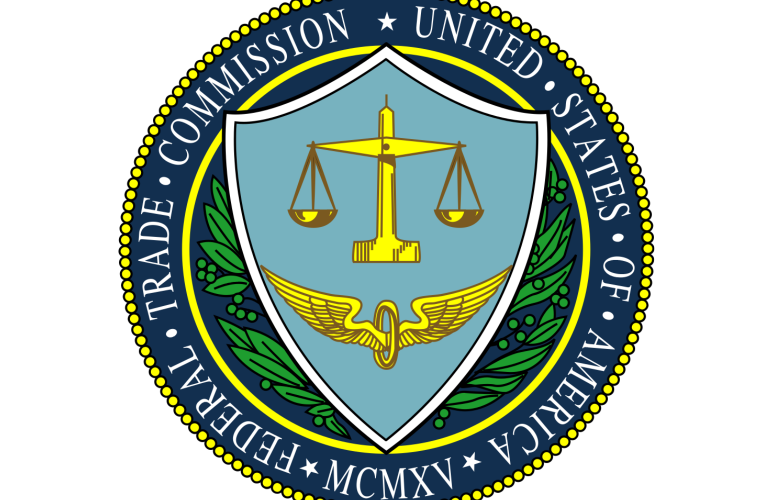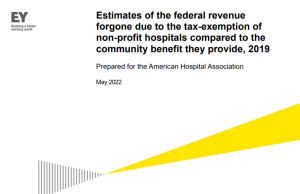New Jersey nonprofits RWJBarnabas Health and Saint Peter’s Healthcare System have called off merger plans, three weeks after the Federal Trade Commission (FTC) sued to block the deal by alleging anti-competition violations it argued would have meant higher prices and lower quality of care for consumers.
On the same legal contention, the FTC had an active federal lawsuit to stop a proposed merger between Utah healthcare rivals HCA Healthcare and Steward Healthcare System that it filed on June 2. The hospital systems last week withdrew the merger plans in response to the lawsuit, according to information on the FTC website.
And, on March 31, Hackensack Meridian Health, Inc., and Englewood Healthcare Foundation in New Jersey abandoned merger plans under the challenge of an FTC anti-competition lawsuit.
“This difficult decision was not reached lightly,” RWJBarnabas Health Chief Executive Officer Barry H. Ostrowsky said via a released statement. “We are disappointed in the termination of the proposed transaction, which we believe would have transformed quality, increased access, and decreased the overall cost of care for the people of this state through the creation of a premier academic medical center.”
FTC approval was the last legal hurdle before the merger of the two healthcare systems. Their agreement, hammered out since 2020, had received approval from the New Jersey Attorney General, a Superior Court judge, and was supported by community groups, unions and legislative officials, among others.
The FTC’s argument was that a merger between RWJBarnabas Health and Saint Peter’s Healthcare System would have left patients in Middlesex County, N.J., without a convenient option to choose one over the other for general acute care services. The merger, allegedly, would have violated federal antitrust laws that promote competition and prevent unjustified monopolies as stipulated under the Sherman Act of 1890, the Clayton Act of 1914 and the Federal Trade Commission Act of 1914, according to the lawsuit.
By remaining separate, the FTC official argued in the lawsuit, a vital competition exists to benefit both commercial insurers and patients while a combined health system would have been likely to be able to demand higher reimbursement rates.
The FTC’s filing action in U.S. District Court for the District of New Jersey had not advanced to a stage where statistics and facts to support the FTC’s position were publicly filed. A spokesperson for the FTC has not immediately responded to a request for comment but FTC Bureau of Competition Director Holly Vedova issued a statement:
“I am glad that rival hospital systems RWJ and Saint Peter’s have terminated an anticompetitive merger that would have harmed patients in Middlesex County, New Jersey. The transaction would have combined two hospitals located less than a mile from each other, which also happen to be the only two hospitals in the city of New Brunswick, New Jersey. With combined shares of approximately 50 percent for inpatient general acute care services in Middlesex County, New Jersey, the transaction was presumptively unlawful and would have resulted in higher prices and lower quality of care for New Jersey residents.”
Saint Peter’s Healthcare System Inc. is comprised of Saint Peter’s University Hospital, a 478-bed, acute-care teaching hospital and state-designated children’s hospital and regional perinatal center. The system includes outpatient facilities and a network of primary and specialty care physician practices.
RWJBarnabas Health covers nine counties with a total of 5 million people. Its system includes 11 acute care hospitals, three acute care children’s hospitals, and a pediatric rehabilitation hospital.











